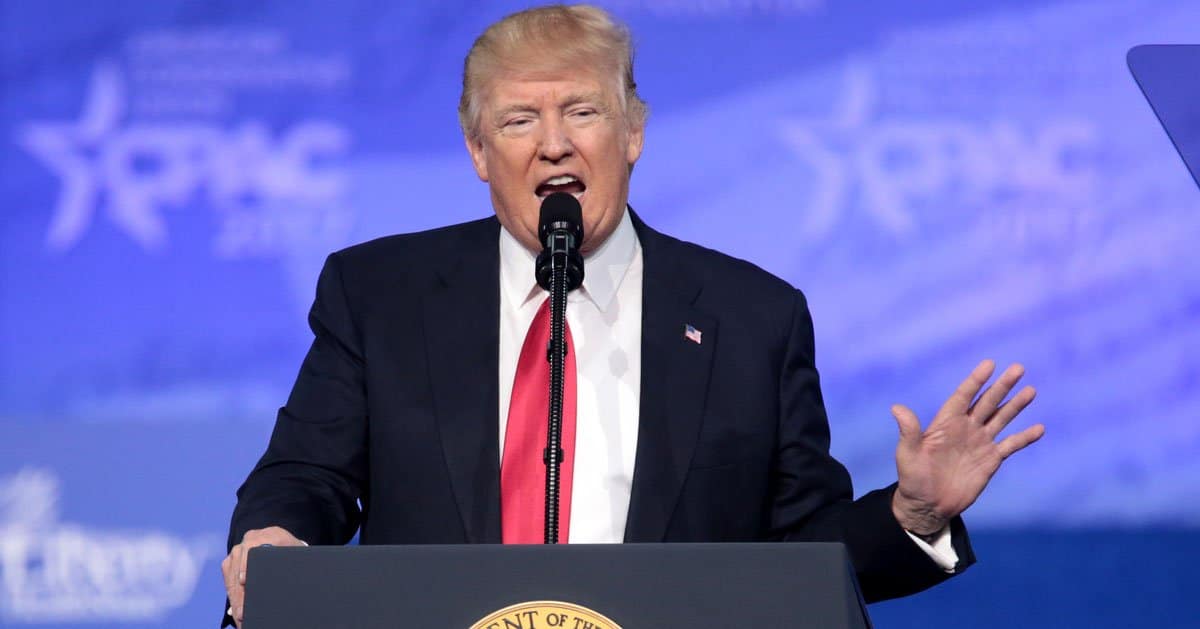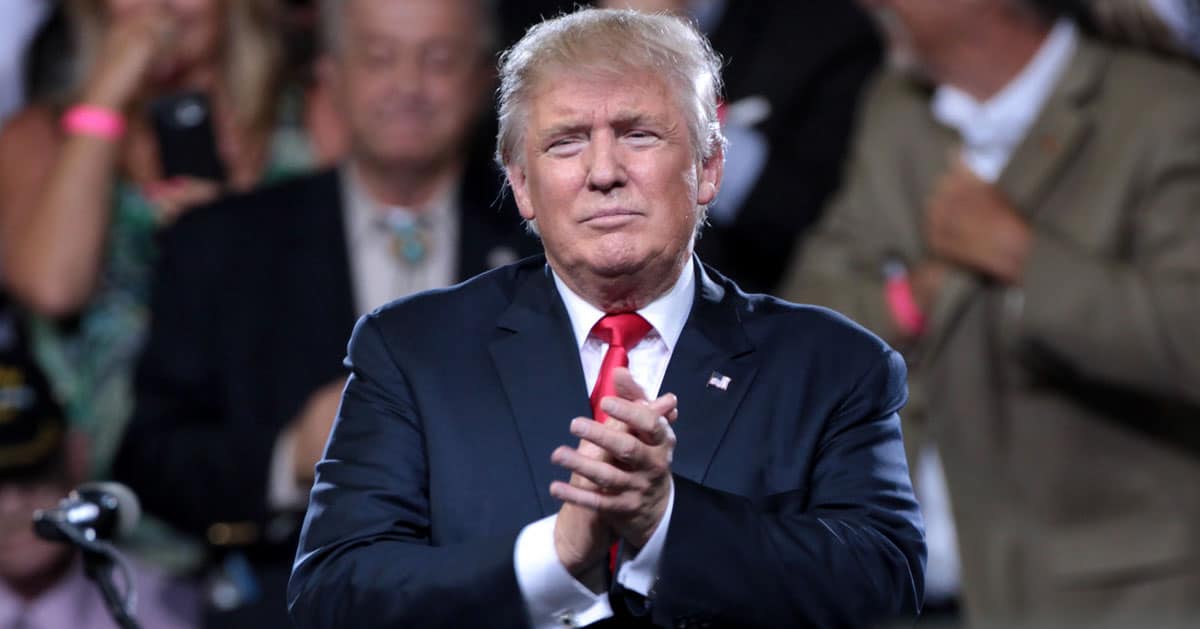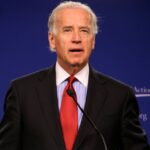




The criminal trial of former President Donald Trump, which started this Monday in Manhattan, has sparked significant controversy and public interest.
Breitbart reported that Trump is facing 34 felony charges, and his attendance at his son’s upcoming high school graduation hangs in the balance due to the ongoing proceedings.
The trial, presided over by Manhattan District Attorney Alvin Bragg, accuses Trump of falsifying business records in connection with payments to Stormy Daniels. Bragg, a Democrat, is leading the case which could potentially result in imprisonment for the former President if he is found guilty.
Trump, steadfast in his denial, has dismissed the charges as politically motivated. He claims the trial is an assault on America and an attack on him as a political opponent, asserting that it represents political persecution like never before.
The commencement of the trial saw the beginning of jury selection, setting the stage for what promises to be a closely watched legal battle.
The defense has requested that Trump be allowed to miss a day of the trial, specifically May 17, to attend Barron Trump’s high school graduation in Florida. This request is pending before New York Supreme Court Justice Juan Merchan.
Justice Merchan has yet to decide on the request, stating that his decision will hinge on the trial’s progress by that date. He noted, “It really depends on if we are on time and where we are in the trial.”
The potential absence of Trump from his son’s graduation has added a personal dimension to the proceedings, highlighting the impact of the trial on Trump’s private life.
Trump’s legal and political allies have been vocal in their criticism of the trial. Trump adviser Jason Miller lambasted the situation as “disgusting,” accusing the Biden administration of using the trial as a tool for political attack and interfering with personal family moments.
Similarly, Senator J.D. Vance of Ohio has labeled the trial as “election interference,” echoing sentiments that the prosecution is aimed at undermining Trump politically rather than serving justice.
Throughout the trial, Trump has remained vocally defiant, using strong language to criticize the proceedings. He argues that the case is an unfounded political attack and expresses pride in standing up against what he views as an unjust prosecution.
The trial’s outcome could have significant implications not only for Trump’s personal freedom but also for the political landscape in the United States. The charges against Trump are serious, involving allegations of felony business record falsification which could carry substantial jail time.
This legal battle comes at a time when political divisions in the country are particularly pronounced, with Trump’s supporters and detractors sharply divided on the legitimacy and motivations of the charges.
As the trial proceeds, it will likely continue to attract extensive media coverage and public scrutiny, given the high-profile nature of the defendant and the controversial charges against him.
As the legal proceedings continue, the personal stakes for Trump are also clear. His desire to be present at his son’s graduation exemplifies the conflict between his public obligations and private desires.
The decision by Justice Merchan on whether to allow Trump to attend the graduation will likely be seen as a reflection of the judiciary’s sensitivity to personal versus public interests in high-profile cases.
Should Trump be forced to miss the graduation, it could fuel further public and political discourse about the nature of justice and political retribution in America.
In conclusion, former President Donald Trump’s criminal trial involves multiple layers of legal, political, and personal implications. It challenges the boundaries between personal liberties and legal responsibilities.
The decision on Trump's request to attend his son’s graduation will be a notable moment in the trial, reflecting broader themes of justice and fairness in politically sensitive cases.
As the trial continues, all eyes will be on the unfolding events, which are set to define an important chapter in America’s legal and political history.



